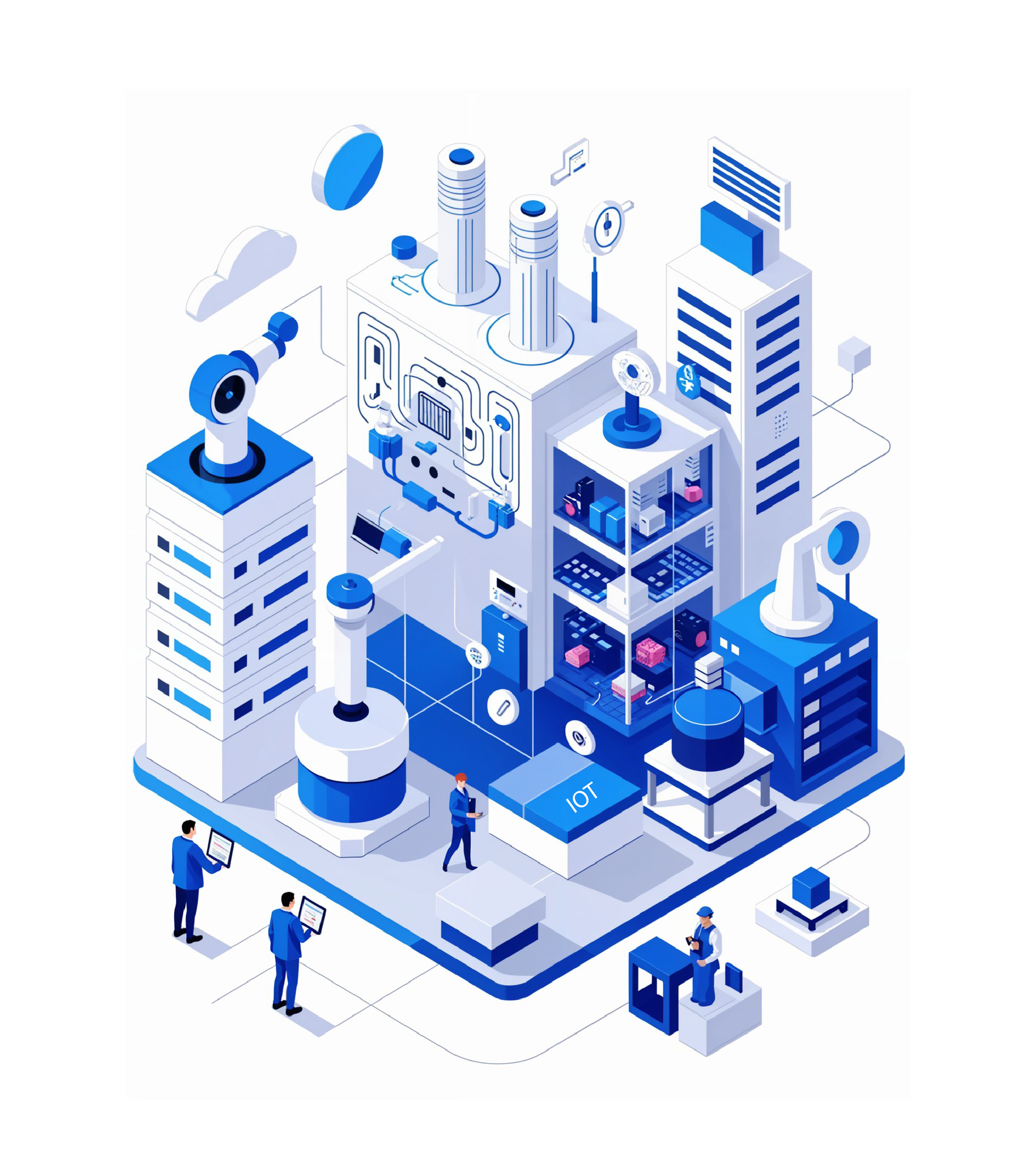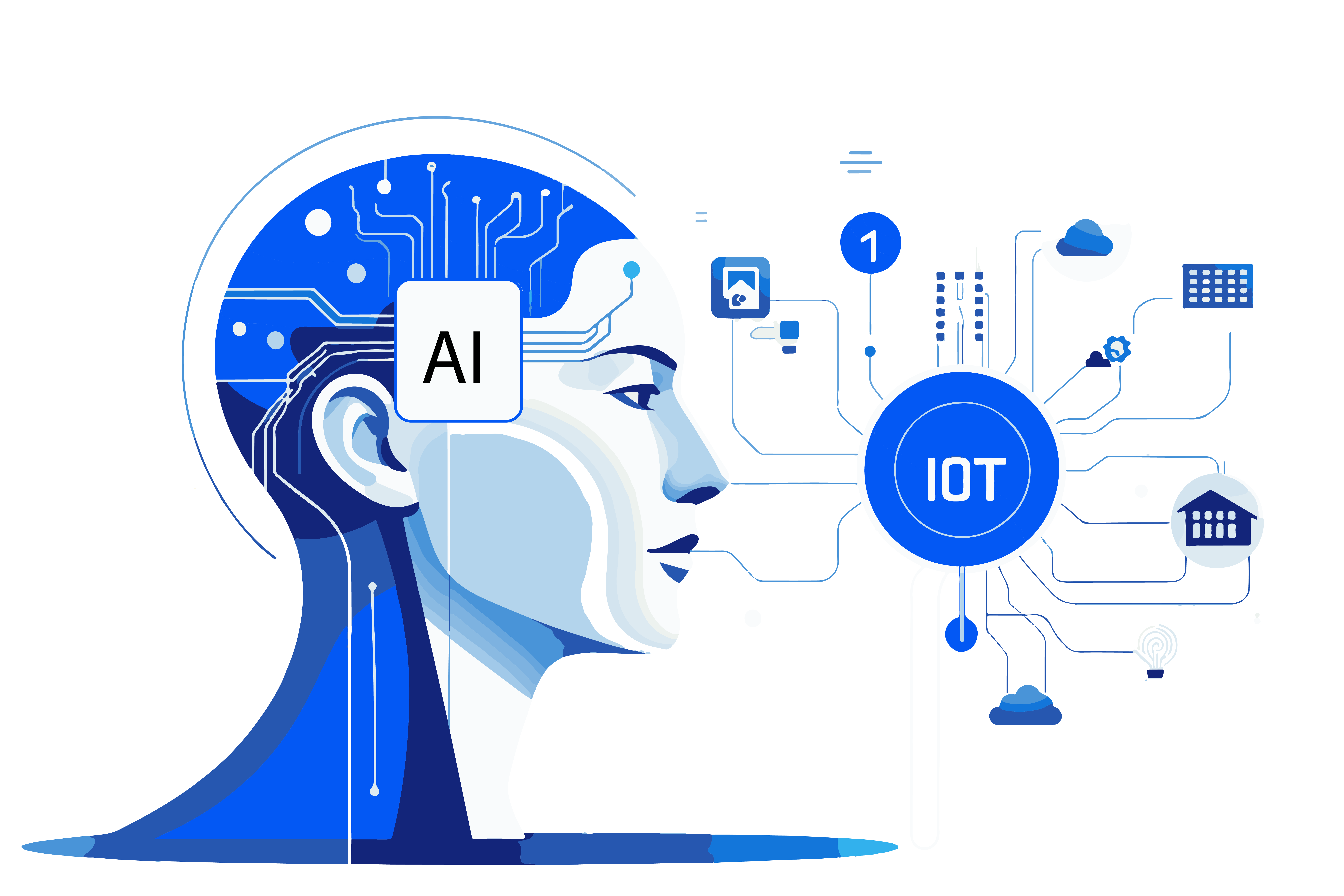How AI is Revolutionizing IoT: The Future of Smart Connectivity.
The Internet of Things (IoT) has already transformed the way we interact with technology, enabling smart devices to collect and exchange data seamlessly. However, the real game-changer is Artificial Intelligence (AI), which is enhancing IoT systems to become more intelligent, autonomous, and efficient. AI-driven IoT, often referred to as AIoT (Artificial Intelligence of Things), is set to redefine industries by improving automation, security, and decision-making.
The Power of AI in IoT
- Real-Time Processing – AI enables instant data analysis for autonomous IoT operations.
- Predictive Maintenance – AI detects failures early to reduce downtime.
- Enhanced Security – AI identifies threats and automates protection.
- Smart Adaptability – AI learns user behavior to optimize performance.
In the age of AI and IoT, businesses that don’t adapt will be left behind.”
– Satya Nadella, Microsoft CEO
The integration of AI with IoT is transforming industries by making connected systems smarter, more efficient, and highly secure. From real-time processing and automation to predictive maintenance and enhanced security, AI enables IoT to operate intelligently with minimal human intervention. Additionally, personalized adaptability ensures a seamless user experience, optimizing performance based on real-world data. As AIoT continues to evolve, it will unlock new possibilities, driving innovation and efficiency across various sectors. The future of connectivity is not just smart—it’s intelligent.
Challenges and Future Prospects of AIoT
While AI and IoT together drive innovation, they also present challenges that must be addressed for a truly intelligent and secure connected world.
One major concern is data privacy and security, as billions of connected devices generate vast amounts of sensitive information. Without strong encryption and real-time threat detection, AIoT systems become vulnerable to cyberattacks. Additionally, high implementation costs remain a barrier, as AI-driven IoT solutions require advanced hardware, cloud computing, and AI models, making adoption difficult for smaller businesses.
Another challenge is scalability and interoperability, as IoT devices from different manufacturers often lack standardization, leading to compatibility issues. Developing unified AIoT frameworks is essential for seamless communication between devices. Lastly, ethical and regulatory concerns arise regarding data ownership, surveillance, and automation replacing human jobs. To ensure responsible AIoT development, governments and organizations must establish clear guidelines that balance innovation with ethical considerations.


mohd
The IoT revolution is transforming industries, enhancing automation, and connecting the world like never before. As smart devices become more intelligent with AI, the future of connectivity looks more efficient, secure, and innovative!